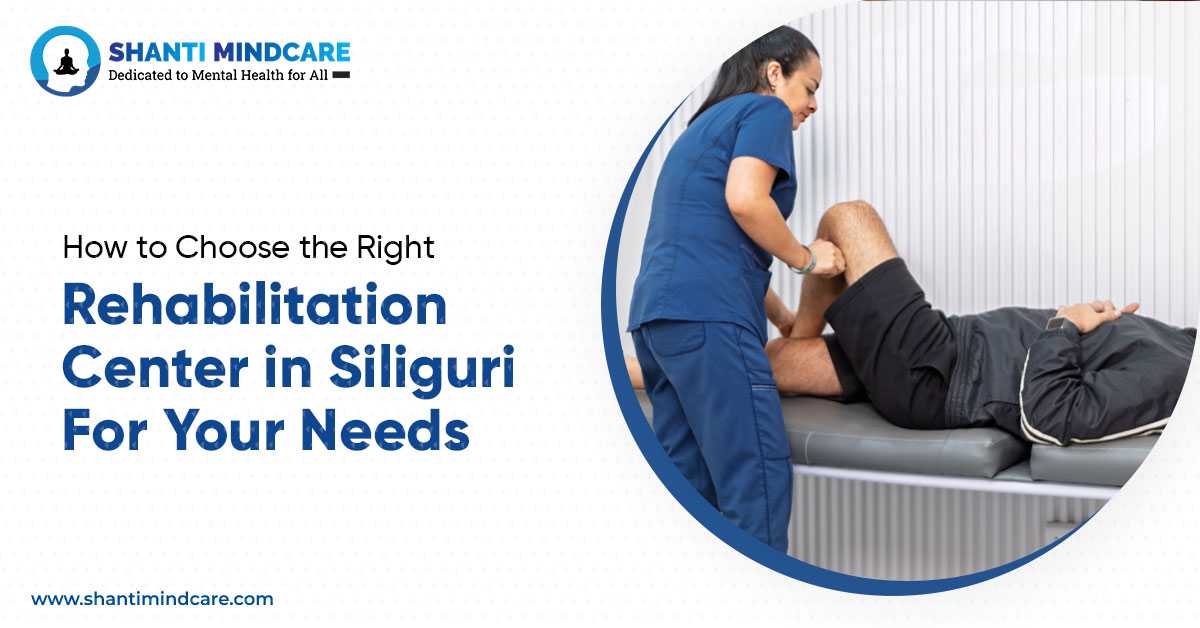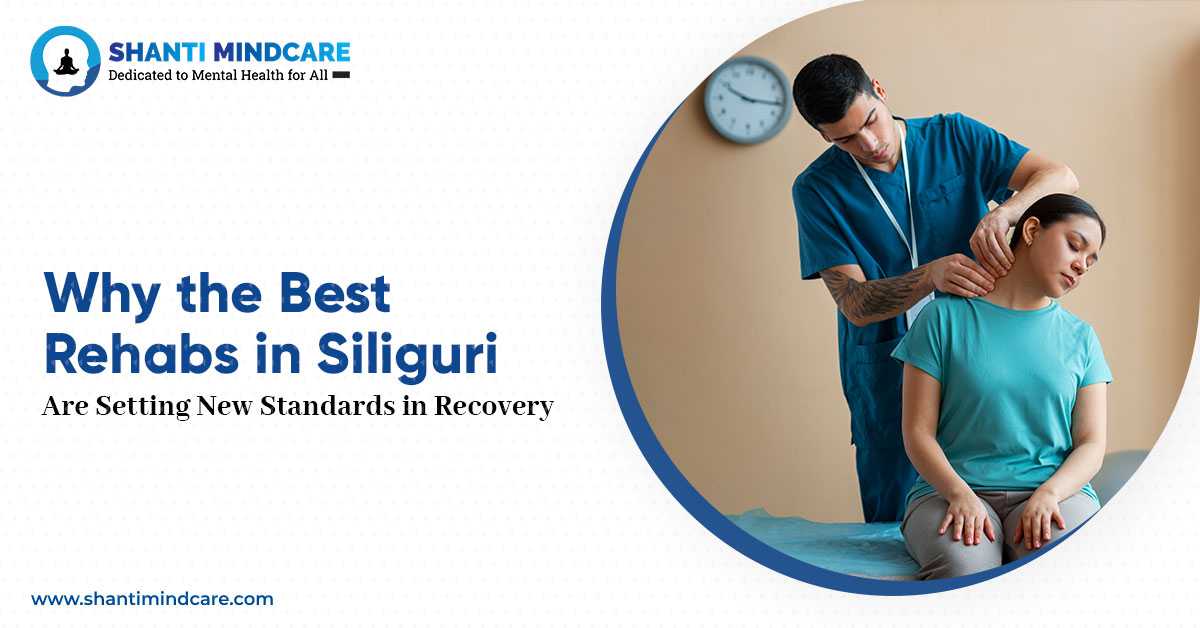We all have occasional anxiety. But, when it becomes an ongoing condition interfering with the quality of life, seeking expert attention is essential. An anxiety disorder means one has excessive fear or worries about something frequently. This mental health condition also results in physical symptoms, such as breathing difficulty, rapid heartbeat, or sweating.
It has many types concerning different situations. Healing is possible with the guidance of a medical professional, requiring therapies, lifestyle modifications. Doctors may prescribe medications based on the severity of the problem. Many a time, patients recover without medication. You might visit a specialistfor anxiety at the best psychiatric nursing home in Siliguri.
Signs & Symptoms of Anxiety in General
Anxiety is a response to a situation leading to intense fear/ worry, causing:
- Feeling tense, nervous, restless
- Feeling panic
- Ongoing flashbacks of traumatic experiences
- Unable to skip attention from the present fear/worry
- Nightmares
- Obsessive thoughts
- Trouble sleeping
- Muscle tension
- Dry mouth
- Sweating
- Shortness of breath
- Nausea
- Numbness
- Cold hands
- Repetitive behaviors
- Trembling
- Rapid breathing
- Gastrointestinal problems
- Avoiding things/situations that trigger the condition
See a doctor if you have uncontrollable fear/worries about something. Even if you have mild anxiety, you can seek expert suggestions. Or, if you notice worries/fear doesn’t go away on their own, you might talk to the best psychiatric doctor in Siliguri or near your region.
Modifying your eating pattern, practicing yoga, going outdoors, spending time outdoors in nature, stress management, and getting involved in a new hobby help heal anxiety. Before receiving any treatment, make sure the source is authentic.
What Leads to Anxiety – Risk Factors
Sometimes, people have certain experiences regarding a situation, such as exposure to a traumatic event, leading to panic/anxiety. In other instances, some people have anxiety-prone personalities. Here’re a few risk factors to know:
- Traumatic experiences
- Stressful events
- Stress resulting from an illness
- Undergoing depression
- Drug misuse, withdrawal from alcohol
- Personality
- First-degree relatives with anxiety disorder
Several medical conditions are associated with anxiety, such as irritable bowel syndrome, asthma, chronic obstructive pulmonary disease/COPD, diabetes, chronic pain, heart disease, hyperthyroidism, hypothyroidism. Withdrawal from anti-anxiety meds can trigger anxiety as well. Wise to consult your healthcare provider/psychiatrist before stopping prescribed medications.
Untreated anxiety disorders can contribute to complications that can be depression, bowel/digestive issues, heart palpitations, shortness of breath, headaches, poor interpersonal life, insomnia, suicidal thoughts, substance dependency, etc. Reach out to the best psychiatric nursing home in Siliguri and heal anxiety disorders under medical supervision.
In case lifestyle modifications don’t provide promising results, doctors may suggest psychotherapy and medications. Psychotherapy is psychological counseling, also known as talk therapy, very effective in improving mental health. Medications, on the other hand, help reduce symptoms of anxiety; take prescribed meds only. Go for follow-up checkups at the hospital/clinic for better healing.






